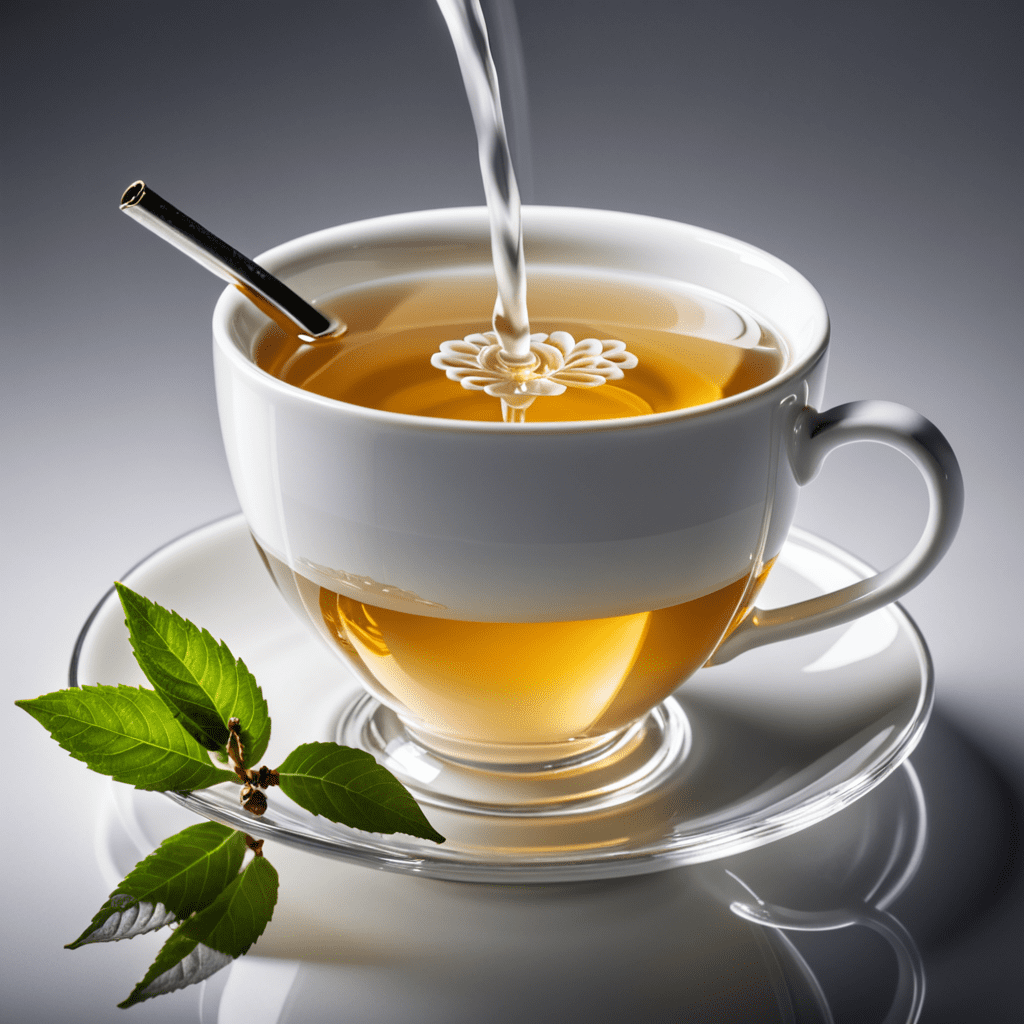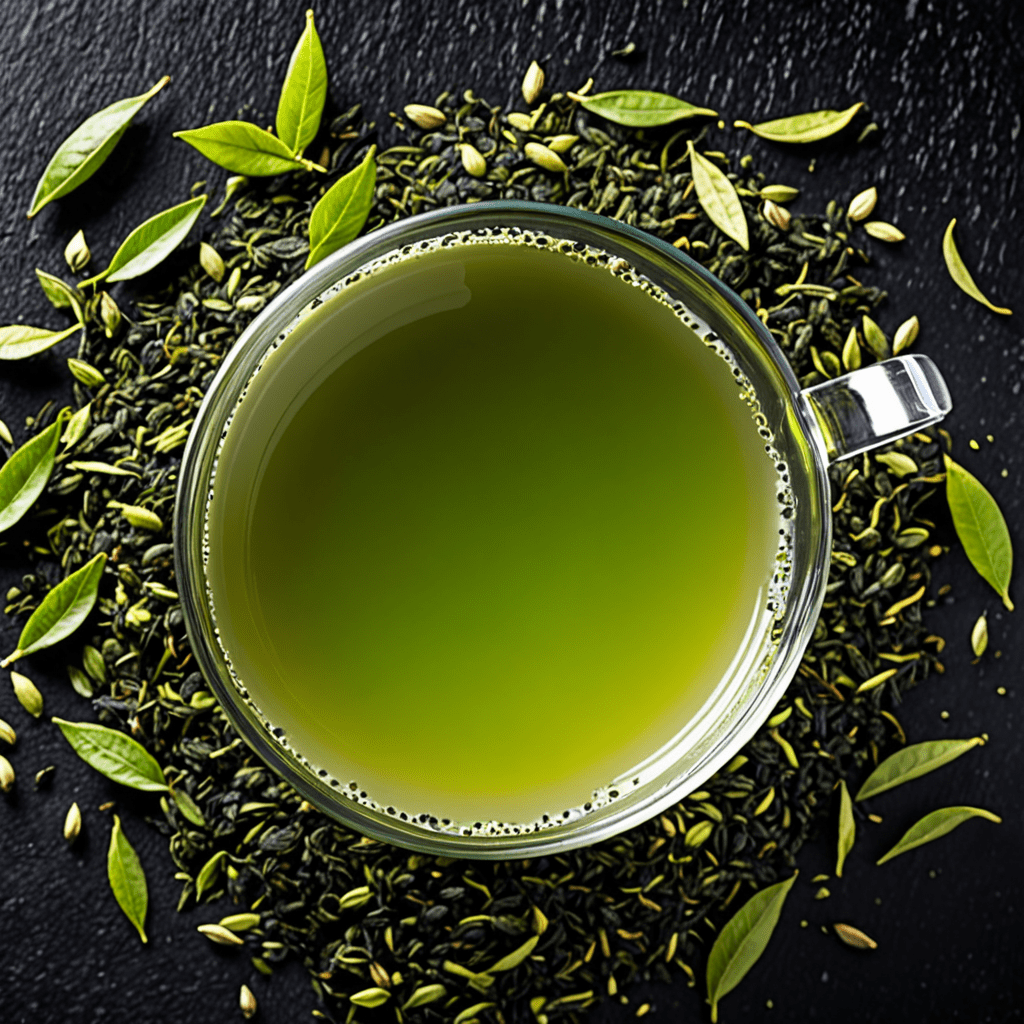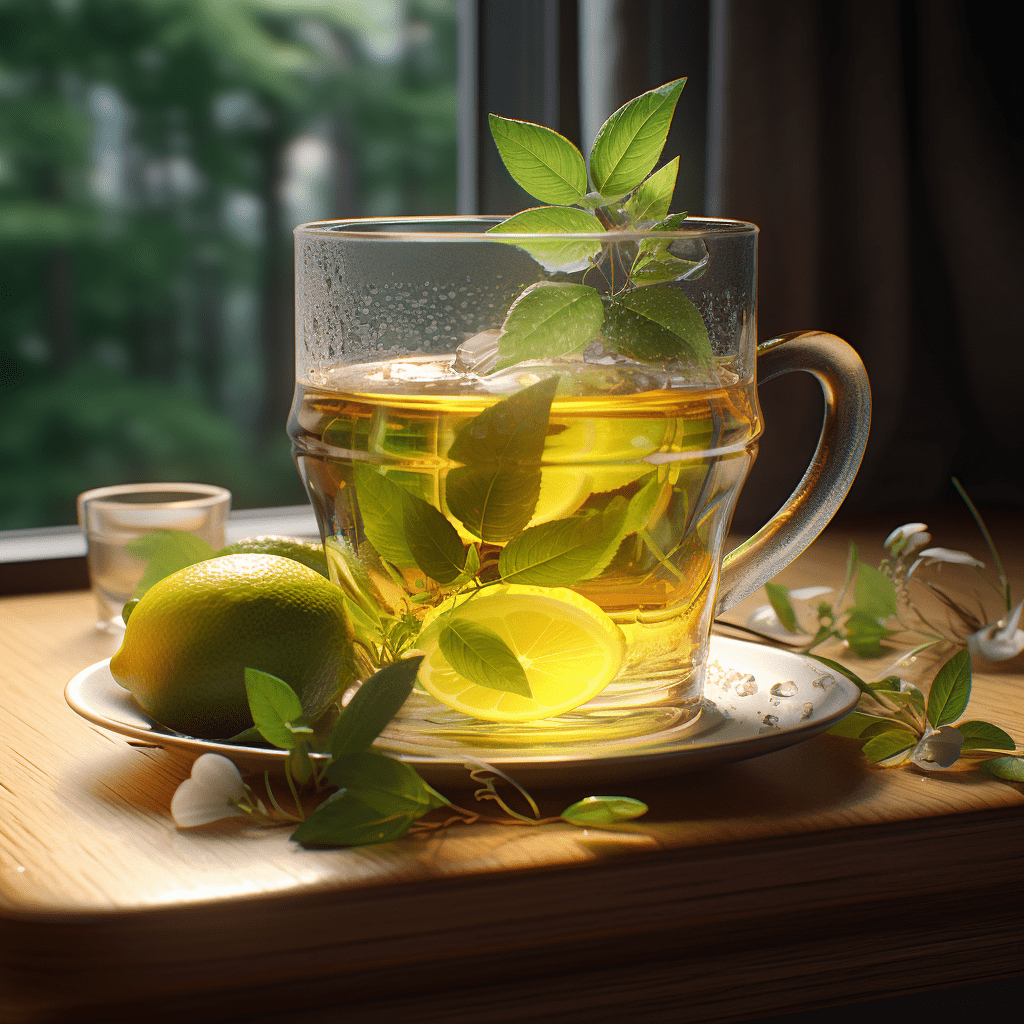
White Tea: The Essence of Tea Reflection
White tea holds a special place in the world of tea, revered for its delicate flavors and numerous health benefits. In this blog post, we delve into the essence of white tea, exploring its origins, processing methods, flavor profiles, and brewing techniques.
The Origins of White Tea
White tea has ancient roots, originating in China during the Song Dynasty. It was once a prized tribute tea, reserved for emperors and nobility. Today, white tea is cultivated in various regions across the globe, but the finest varieties still hail from the Fujian province in China.
Processing Methods
Unlike green or black tea, white tea undergoes minimal processing. The leaves are simply plucked and left to wither and dry under natural sunlight. This gentle processing preserves the delicate flavors and floral notes characteristic of white tea.
Flavor Profiles
White tea is celebrated for its subtle and nuanced flavors. It often exudes notes of honey, melon, and floral undertones. The lack of extensive oxidation lends white tea a light and refreshing taste, making it a favorite among tea connoisseurs.
Health Benefits
Beyond its exquisite taste, white tea is packed with health benefits. Rich in antioxidants and low in caffeine, white tea supports heart health, boosts the immune system, and promotes glowing skin. Incorporating white tea into your daily routine can be a delightful way to enhance your well-being.
Brewing Techniques
To truly savor the essence of white tea, proper brewing techniques are essential. Use water just below boiling temperature and steep the leaves for 2-4 minutes. This gentle approach allows the flavors to unfold gradually, resulting in a truly exquisite tea-drinking experience.
Exploring White Tea Varieties
From Silver Needle to Bai Mu Dan, the world of white tea offers a diverse range of options to explore. Each variety has its own unique flavor profile and characteristics, inviting tea enthusiasts on a sensory journey through the nuances of white tea.
In Conclusion
White tea encapsulates the essence of tea in its purest form. Its delicate flavors, health benefits, and rich history make it a treasure worth discovering. Whether you’re a seasoned tea aficionado or a curious beginner, white tea invites you to slow down, sip mindfully, and appreciate the simple yet profound pleasures that tea can offer.
FAQ About White Tea
What is White Tea?
White tea is a delicate and minimally processed type of tea made from young tea leaves and buds. It is known for its subtle flavor, light color, and high levels of antioxidants.
How is White Tea Different from other Types of Tea?
White tea undergoes minimal processing, which helps to preserve its natural antioxidants and delicate flavor. In comparison, black tea is fully oxidized, green tea is steamed or pan-fired, and oolong tea falls between green and black tea in terms of oxidation.
What Are the Benefits of Drinking White Tea?
White tea is believed to have various health benefits, including antioxidant properties that may help protect against certain chronic illnesses, improve skin health, and support overall well-being. Additionally, white tea is low in caffeine, making it a suitable option for those looking to reduce their caffeine intake.

